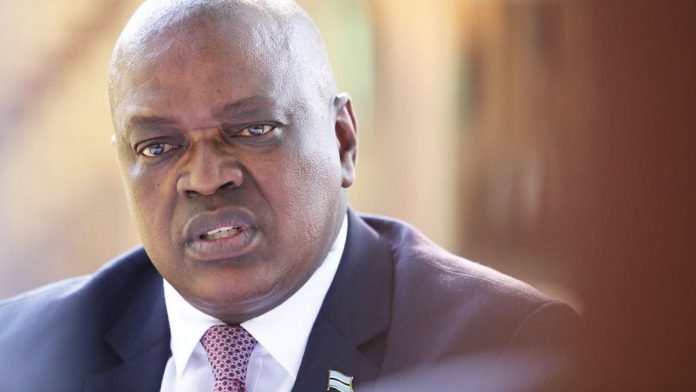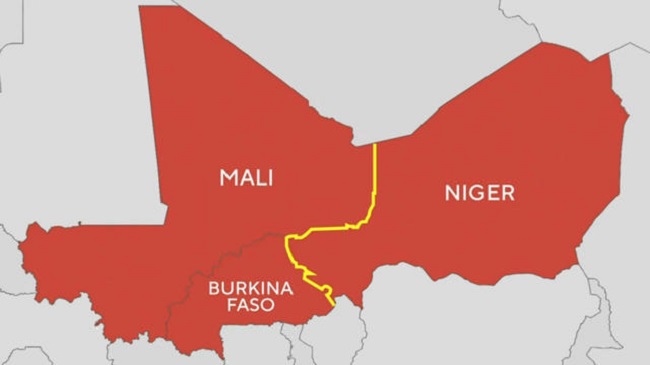Africa’s democracy may hit another bright spot. Botswana’s President Mokgweetsi Masisi announced his concession on Friday following preliminary results showing that his party, the Botswana Democratic Party (BDP), lost its parliamentary majority in the recent election. The BDP has been in power for nearly sixty years.
According to reports, the BDP suffered a substantial defeat, with the opposition coalition, Umbrella for Democratic Change (UDC), leading after Wednesday’s vote.
1.8 million of Botswana’s 2.3 million people, or 80% of the population, cast their votes on Wednesday, marking one of the highest voter turnouts of any country.
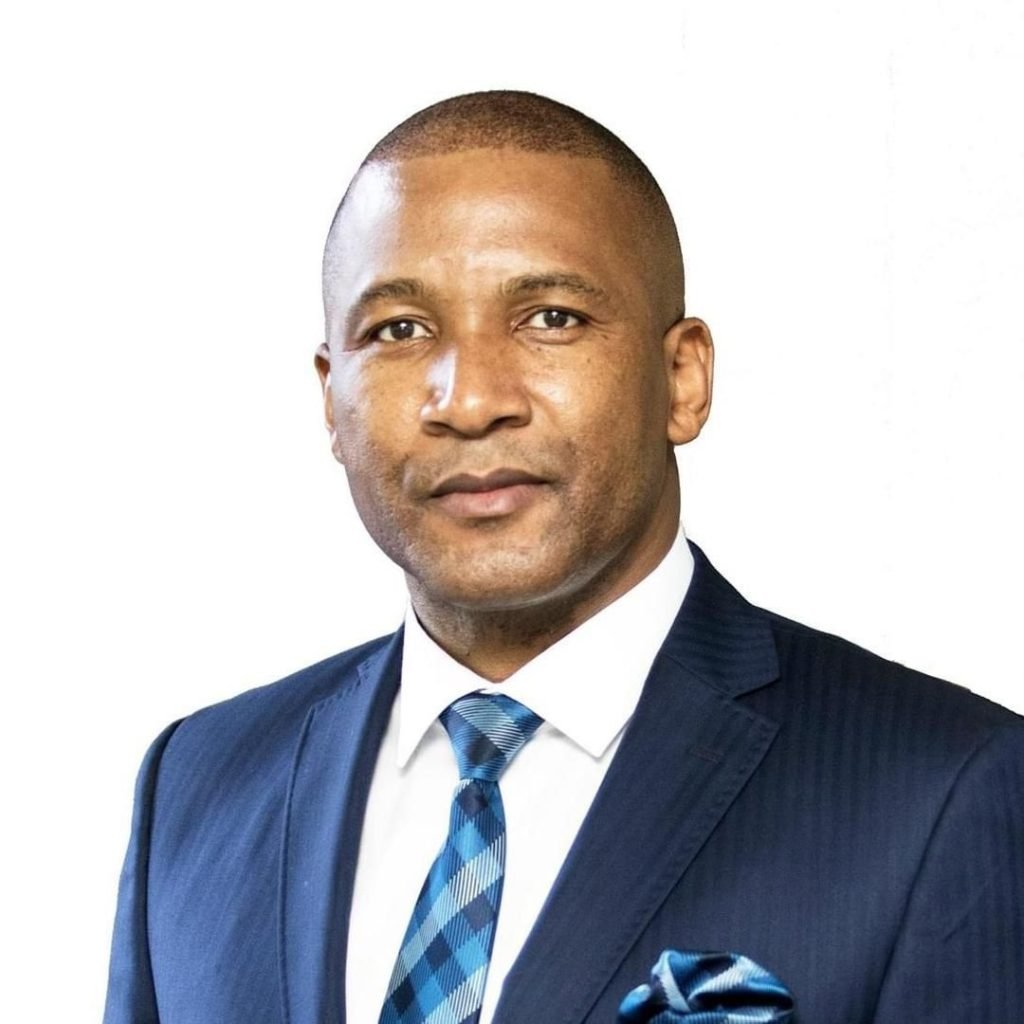
Lawyer Duma Boko, the leader of the UDC, appears poised to assume the presidency, though he has not publicly announced his victory.
During a press conference, President Masisi expressed his respect for the democratic process, saying, “Although I wanted to stay on as your president, I respect the people’s will and congratulate the president-elect. I will step aside, and I will support the new administration.”
This marks a noteworthy moment in Botswana’s political history. The BDP has held power since the country gained independence from Britain in 1966, raising hopes of a smooth transition of power for the first time in the southern African nation.
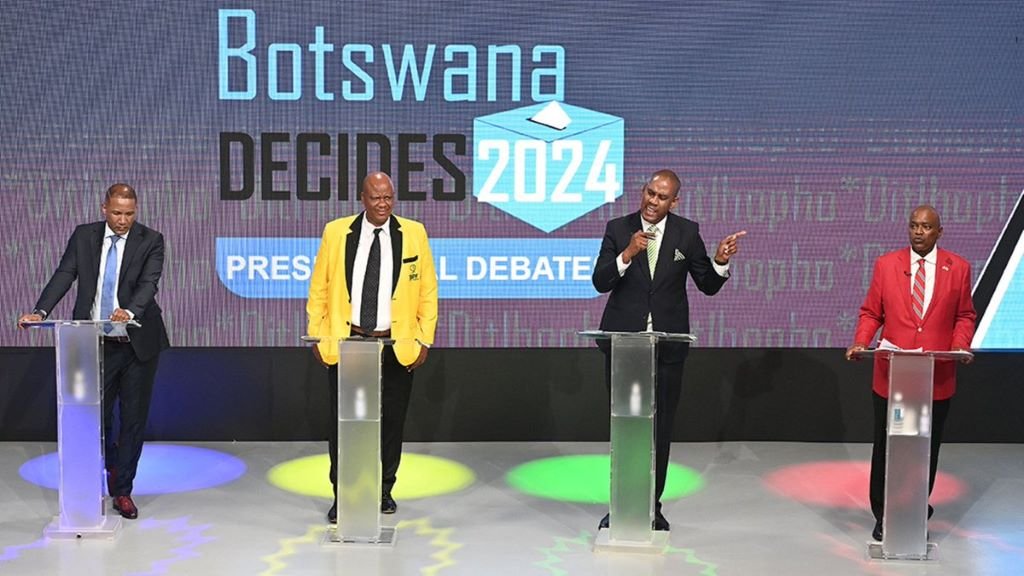
Analysts had predicted a competitive election, though many expected the BDP to secure victory. However, early results from 36 of the 61 constituencies suggested otherwise, with reports indicating that opposition parties had claimed over half the parliamentary seats. Mmegi says, “Out of the 36 constituencies so far, the BDP has only won one, while the UDC has won 25.”
A party must secure 31 constituencies in this election to achieve a parliamentary majority.
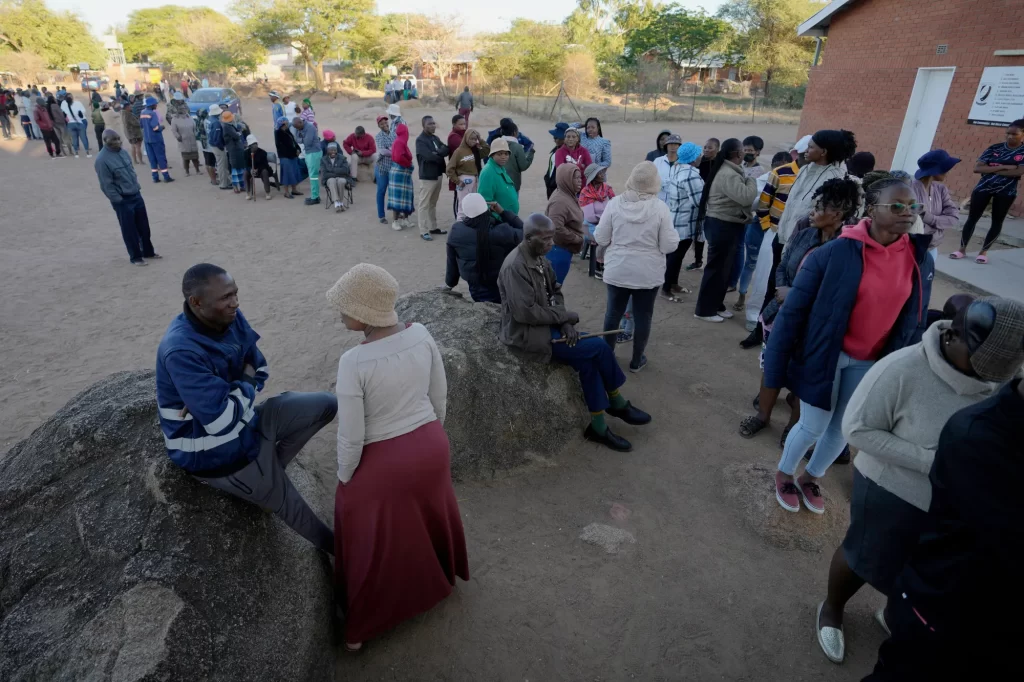
Botswana, a nation of only 2.3 million people known for its diamond wealth and commitment to free healthcare and education, is facing economic challenges due to a downturn in the diamond market, which has constrained revenues in recent years.
However, as the country looks toward a new administration, the hope is that political stability from a sound democratic culture will lead to renewed investor confidence and greater economic diversification.
Comment, Like 👍, share this article, and Follow us on our social media handles.



